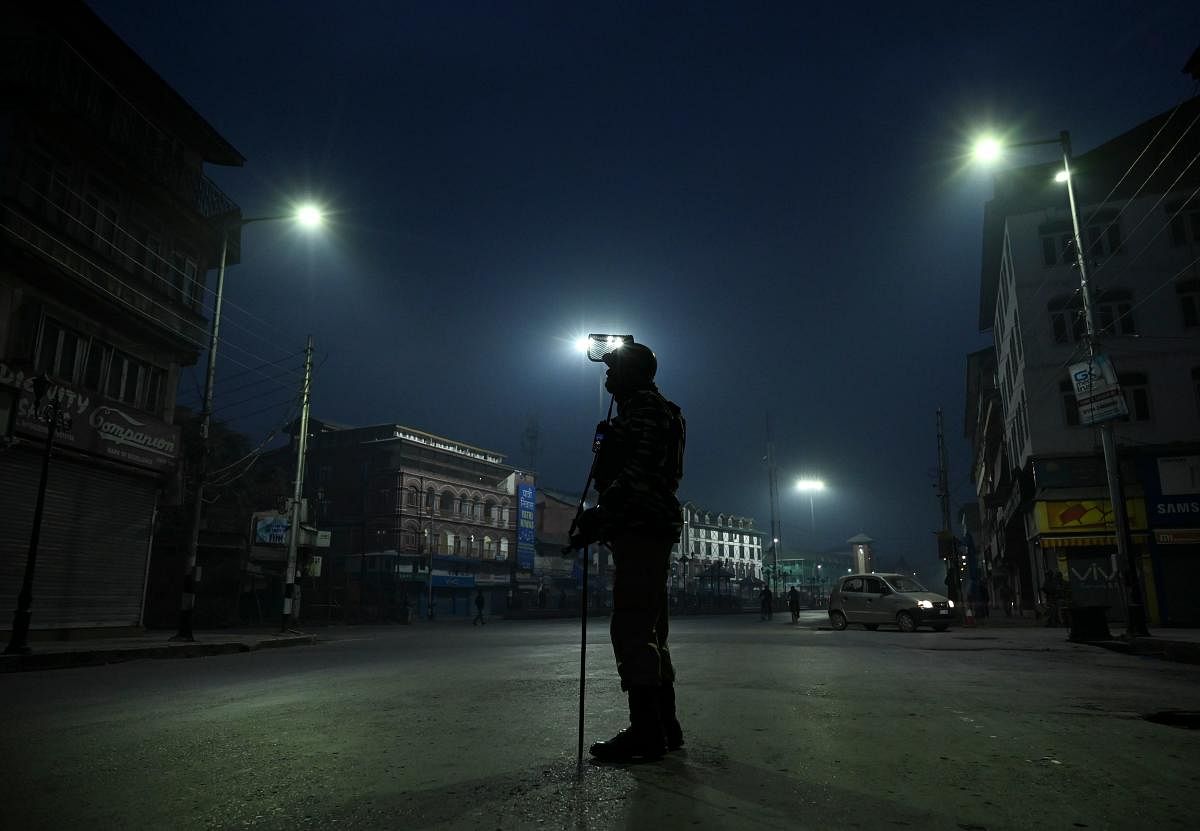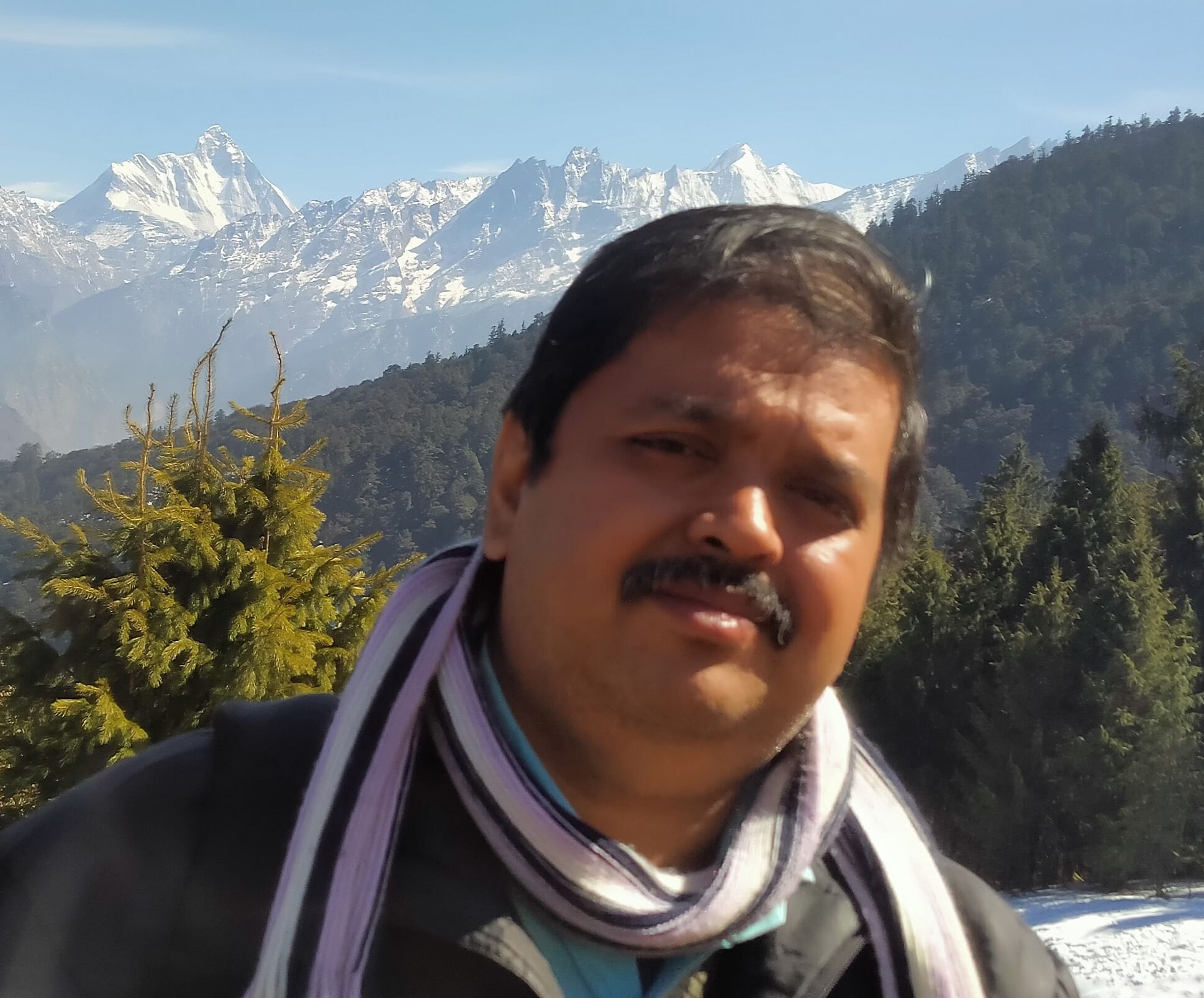
At the stroke of the midnight hour, Jammu and Kashmir ceased to be a state of the Indian Union as two Union Territories — Jammu & Kashmir and Ladakh — came into being.
It was for the first time in India’s history that a full state had been split into two UTs, thus bringing the region under direct rule of the Centre.
Both houses of Parliament approved the bill to bifurcate Jammu & Kashmir in August, within months of the BJP returning to power. The decision to strip J&K of its special status and bifurcate it into two UTs had all the hallmarks of Prime Minister Narendra Modi — utmost secrecy and surprise.
Interestingly, the two UTs have come into being on the birth anniversary of Sardar Vallabhbhai Patel which is observed as National Unity Day.
As a state, Jammu and Kashmir enjoyed special status in the Union of India. It had its own constitution, and the state Assembly had the powers to make laws on all subjects barring defence, foreign relations, currency and communications. The bifurcation also brings down the number of states in Indian Union to 28.
On Thursday, Gita Mittal, the Chief Justice of the Jammu and Kashmir High Court, will travel to Leh to administer the oath of office to Radha Krishna Mathur, who has been appointed as the Lt Governor of the Union Territory of Ladakh.
Later, Mittal will return to Srinagar to swear in G C Murmu, former Union Expenditure Secretary, as the Lt Governor of the Union Territory of Jammu & Kashmir.
The abrogation of Article 370 and the splitting of J&K had long been on BJP’s agenda but had to be shelved during the tenure of Atal Bihari Vajpayee for lack on consensus.
The manner in which Modi government went about implementing its election promises has had its share of admirers as well as critics. While admirers hail the decisive approach of the prime minister, Opposition parties have never tired about pointing out the fact that the announcement to read down Article 370 and bifurcate the state was made after putting all mainstream politicians under detention and clamping down on communication networks in the region.
The Kashmir Valley still does not have free access to Internet, but telephone and mobile connections — mostly post-paid — have been restored over the past few days. According to the Jammu and Kashmir Reorganisation Act, the UT of Jammu and Kashmir will have a legislature like Puducherry while Ladakh will be a UT without legislature like Chandigarh.
The Centre will be in direct control of the police and the law and order in Jammu and Kashmir from Thursday when it becomes a UT, while other subjects will be handled by the elected government there.
The UT of Ladakh will be under the direct control of the central government which will administer the high-altitude region through the Lt Governor.
